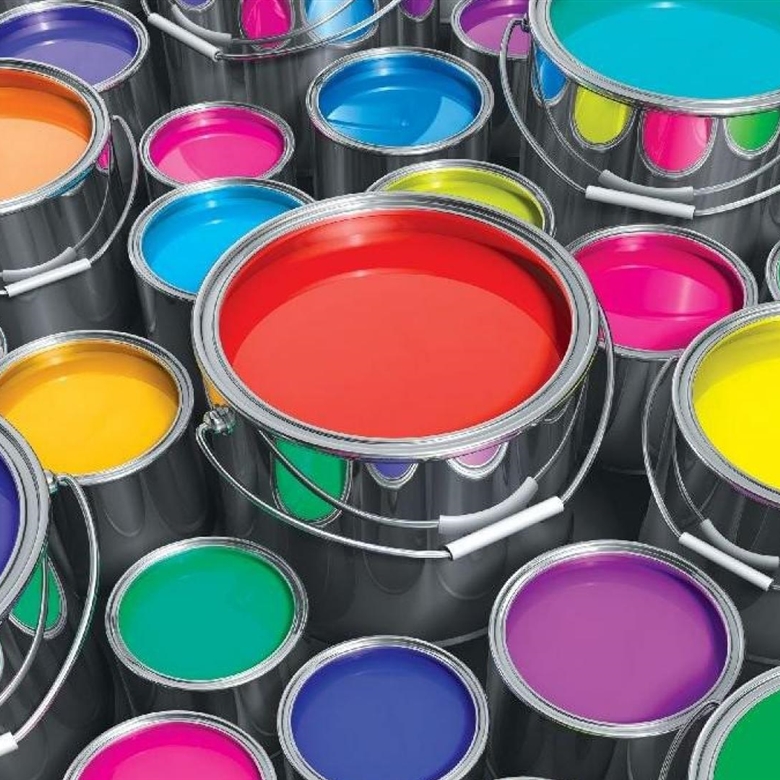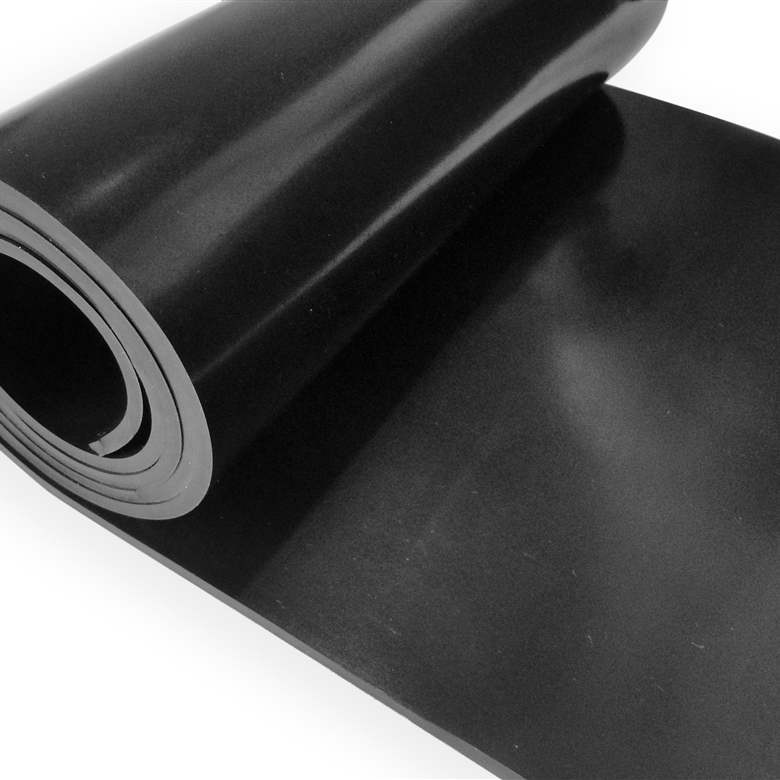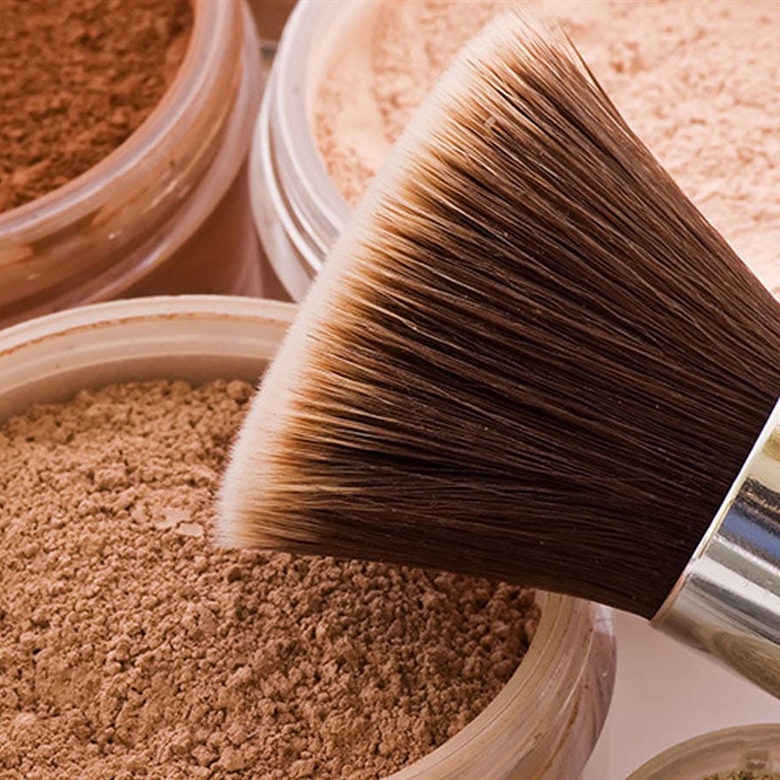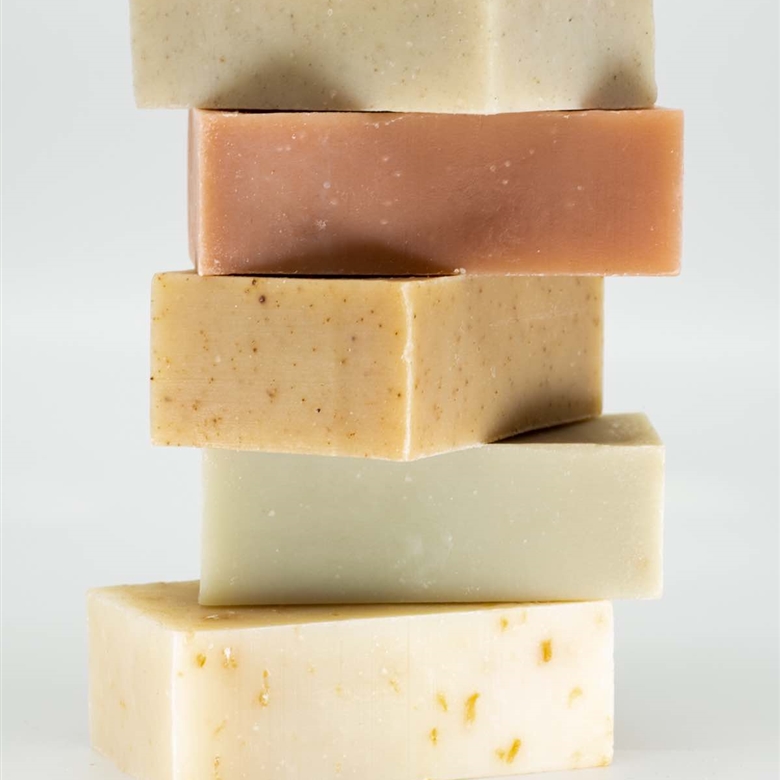Talc Powder
Talc is the world's softest mineral. Although all talc ores are soft, platy, water repellent and chemically inert, no two talcs are quite the same. Talc is a vital part of everyday life. The magazines we read, the polymers in our cars and houses, the paints we use and the tiles we walk on are just some of the products that talc enhances. Talc is a hydrated magnesium sheet silicate with the chemical formula Mg3Si4O10(OH)2. The elementary sheet is composed of a layer of magnesium-oxygen/hydroxyl octahedra, sandwiched between two layers of silicon oxygen tetrahedra. The main or basal surfaces of this elementary sheet do not contain hydroxyl groups or active ions, which explains talc's hydrophobicity and inertness. Talc is practically insoluble in water and in weak acids and alkalis. It is neither explosive nor flammable. Although it has very little chemical reactivity, talc does have a marked affinity for certain organic chemicals, i.e. it is organophilic. Above 900°C, talc progressively loses its hydroxyl groups and above 1050°C, it re-crystallizes into different forms of enstatite (anhydrous magnesium silicate). Talc's melting point is at 1500°C.
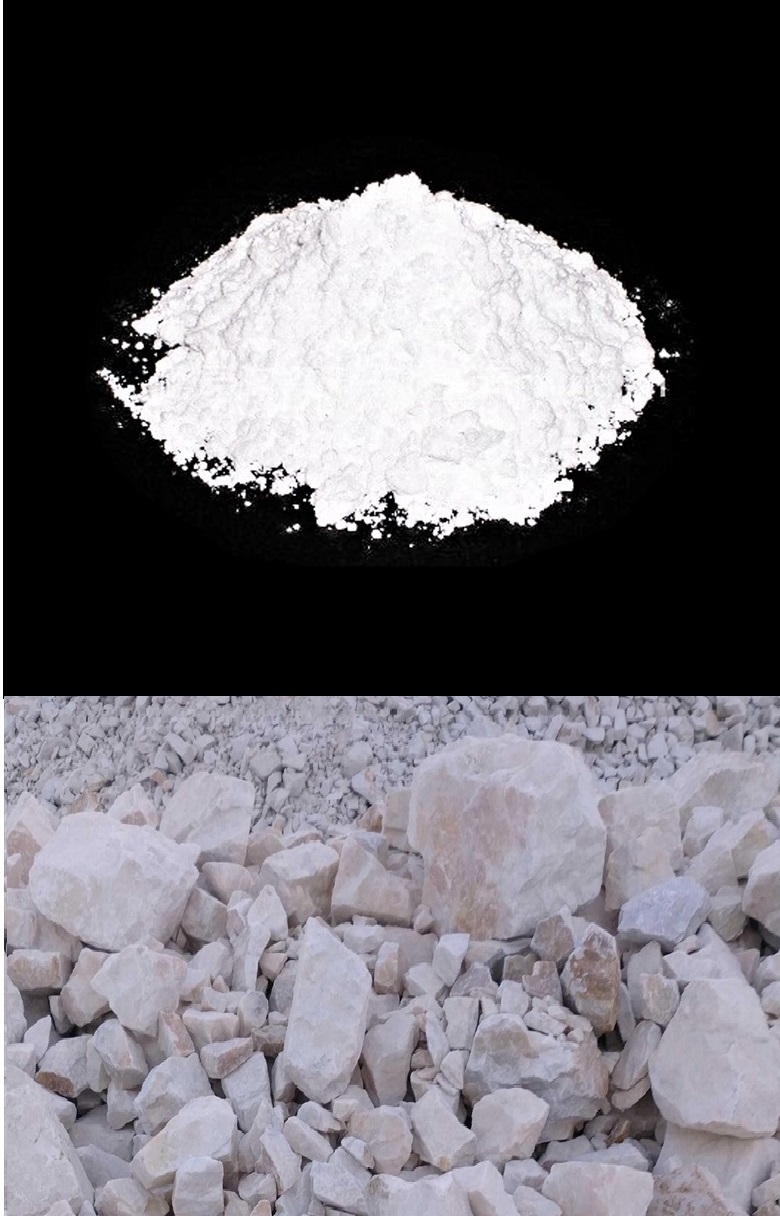
Technical Details
| Parameter | Percentage |
| Auto cycle | Built in |
| Loss on Ignition | 4% to 6% |
| Loss on Drying | 0.05% |
| Acid soluble substances (as SO4) | 2% to 3% |
| Extractable Fluoride | 0.2% to 20% |
| pH (at 10%) | 8.5% to 9.5% |
| Soluble Salts | 0.2% |
| Absorption in Oil | 30 to 35 |
| Asbestos Fibers | Nil |
| Arsenic | Nil |
| SiO2 | 60 to 67 |
| MgO | 29 to 32 |
| Fe2O3 | 0.15 |
| CaO | As per requirement |
| Al2O3 | 0.6% to 1% |

